UNESCO – 1 July, 2017
For Camilla Croso, civil society’s active engagement at the global level should always be rooted in national activities.
As President of the Global Campaign for Education, Ms Croso has been involved in various discussions, debates and mechanisms on education, carrying civil society’s voice to the highest levels. She sat down with UNESCO to give an overview of the role civil society plays in the new global education architecture and the challenges ahead.
Education 2030 calls for the involvement of all stakeholders in the planning, implementation and monitoring of education policies and strategies. How can civil society strengthen good governance in education’
Advocating for democratic governance in education is a core priority for civil society. Although there seems to be a consensus that Civil Society Organizations’ (CSO) active participation- including that of teacher and student-led organizations- in debate, policy-making and monitoring is of fundamental importance, in practice this is still far from a reality. While we can observe progress at the international, and to some extent regional level, it is at the national level that progress most lags behind, with teachers and students’ organizations more often than not lacking space to express their opinions.
The Education 2030 Framework for Action ‘encourages governments to ensure the existence of institutionalized spaces and processes for education policy dialogue, decision-making and monitoring. This ensures that legal and policy frameworks, as well as practices reflect the overall orientation of the people, of collective actors and different education stakeholders.’
You are very involved at the global and UN level. How do you think civil society can influence the implementation of SDG4 at this level. In your view, what role can civil society play regarding holding stakeholders accountable at global level’
CSOs must participate actively in the global spaces that are in place, but always be sure that this action is rooted at the national level. Their role should be to both take national perspectives to the global level but also to take the global perspectives to the national level to follow up on commitments and recommendations. This constant flux between the different levels leverages CSO actions and impacts. In this sense, they must seek to engage in the development of national voluntary reports, or carry out ‘spotlight’ reports that shed light onto crucial issues for example.
At the global level, important Sustainable Development Goals follow-up and accountability mechanisms have been established that allow for State monitoring implementation of the whole SDGs set. Regarding SDG4 in particular, we have the architecture revolving around the Education 2030 Framework for Action, composed of a Steering Committee, in which civil society has permanent representation, Global Education Meetings and a Global Education Monitoring Report to keep track of progress, identify bottlenecks and tackle them. Very recently, an Education and Academia Stakeholder Group (EASG) has been established, which allows education CSOs and academia, to engage in these follow-up and monitoring processes.
Also, CSOs ‘should advocate for an increased effort to establish inter-sectorial dialogue in the coming years. Inter-sectorial dialogue is of crucial importance because there are issues in the 2030 Agenda that crosscut the different sectors and which must be tackled collectively.
Financing is one of the major issue regarding education. How can civil society ensure that financial resources are being used efficiently and equitably and reaching the most vulnerable populations and the least developed countries’
Resources to education should be constitutionally protected and earmarked, with countries committing towards allocating at least 6% of GDP to education and ensuring that levels are maintained even during moments of crisis.
In poorer countries, and in countries that still face significant challenges in access, quality and equity, an even greater sum may be necessary, as studies in Brazil and El Salvador have shown.
CSOs play an important role not only in advocating for appropriate levels of education investment, be it at the executive or the legislative spheres, but also in promoting debate, information-sharing, awareness-raising and capacity-building among citizens. This includes action around the entire budgetary cycle, from its definition, to its approval and execution. ‘Financial data must be made publicly available in a transparent and timely manner to inform debates and decision-making processes. This is critical for ensuring budgets promote equity and reach the most excluded groups. . Hand in hand with advocating towards increased levels of domestic financing for education, CSOs must engage with tax justice networks and campaigns, working in alliance and within an inter-sectorial perspective.
At the global level, CSOs must engage more in pushing for global taxation mechanisms and bodies, as has been previously attempted during the Financing for Development Conference and during the 2016 Global Action Week for Education, as a key mechanism for SDG financing.
Education is an enabling right, promoter of social, economic, human, and environmental development. It is critical for social cohesion and resilience.
The Global Campaign for Education is a civil society movement created in 1999. It is comprised of a huge variety of national, regional and international civil society organizations, teachers’ unions and child rights campaigners that aim to end the global education crisis. It is one of civil society representatives to the SDG ‘ Education 2030 Steering Committee.
The civil society movement is a member of the Global SDG-Education 2030 Steering Committee, which convened on 29-30 June 2017 in New York.
From: http://education.einnews.com/article/389979172/K3yWKuiGX4zSVEeB?lcf=ZdFIsVy5FNL1d6BCqG9muZ1ThG_8NrDelJyazu0BSuo%3D

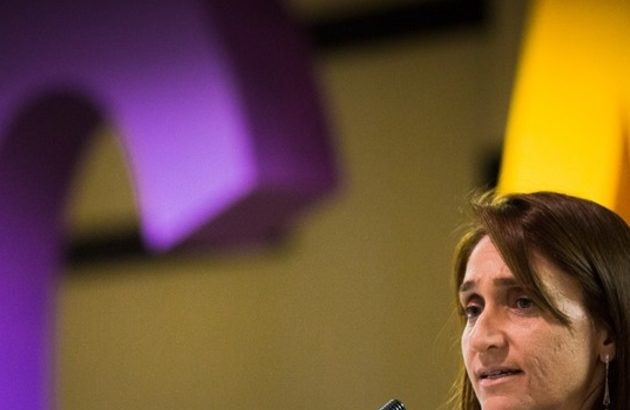

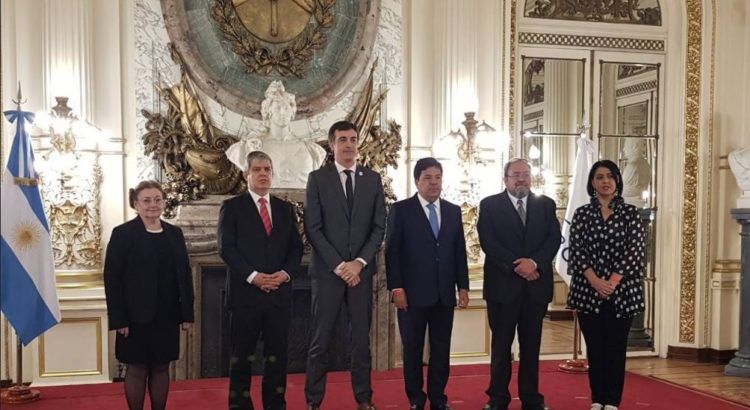
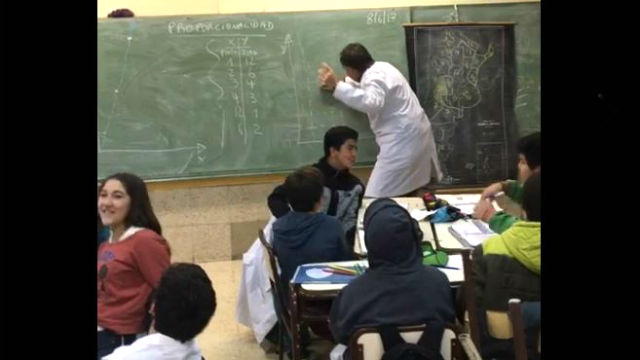
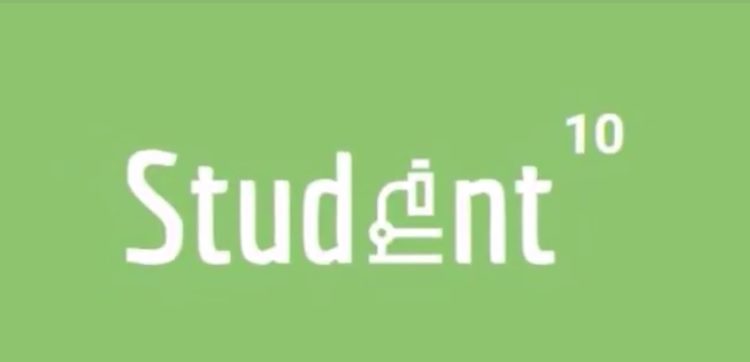
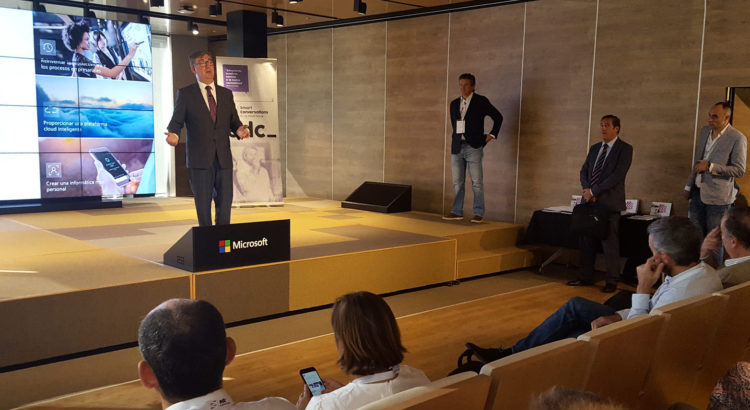





 Users Today : 11
Users Today : 11 Total Users : 35460364
Total Users : 35460364 Views Today : 14
Views Today : 14 Total views : 3419114
Total views : 3419114